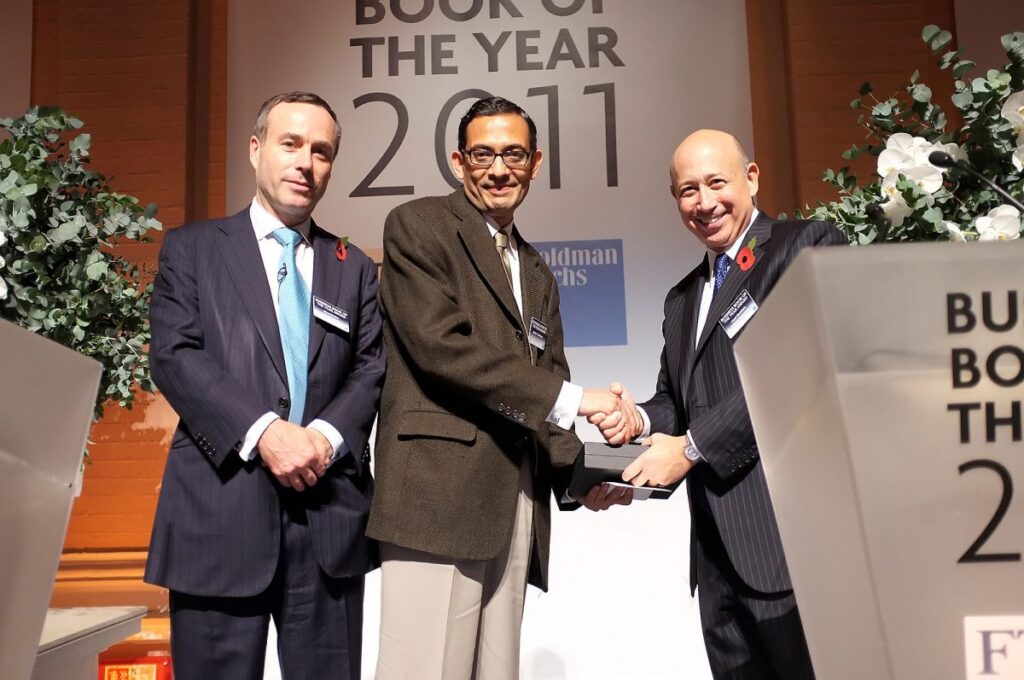
“The research conducted by this year’s Laureates has considerably improved our ability to fight global poverty” the Academy said of their decision to award the trio the coveted Prize. “In just two decades, their new experiment-based approach has transformed development economics, which is now a flourishing field of research.”
Expanding on their approach, the Academy notes “in brief, it involves dividing this issue into smaller, more manageable, questions – for example, the most effective interventions for improving educational outcomes or child health. They have shown that these smaller, more precise, questions are often best answered via carefully designed experiments among the people who are most affected.” As such, “their experimental research methods now entirely dominate development economics.”
The impact of the Laureates’ work in economics was touted by the Academy in India: “as a direct result of one of their studies, more than five million Indian children have benefitted from effective programmes of remedial tutoring in schools.” In addition, they identify “the heavy subsidies for preventive healthcare that have been introduced in many countries” as a result of their work in the field.
As another health-related example, Banerjee’s research has addressed polio immunisation in India, writing in 2010 that “small incentives have large positive impacts on the uptake of immunisation services in resource poor areas and are more cost effective than purely improving supply.” As a result of research, polio immunisation rates increased in a region of Rajasthan and provided a model that could be emulated in other regions where vaccine coverage is low.
A prolific author of both research papers and articles for the mainstream press, Banerjee’s articles have appeared in a diverse range of publications including The Hindustan Times, IndiaSpend, TheDailyO, The New York Times, NPR and The Financial Express, addressing topics ranging from sanitation to development to caste. He is the author of numerous books, including the multi-award-winning Poor Economics: A Radical Rethinking of the Way We Fight Poverty and the forthcoming Good Economics for Hard Times, both co-authored with Duflo.

Banerjee is presently the Ford Foundation International Professor of Economics at the Massachusetts Institute of Technology (MIT), a position he has held since 2003. At the same university, he was Professor of Economics from 1996 to 2003; an Associate Professor of Economics from 1994 to 1996; and a Pentti J.K. Kouri Career Development Associate Professor of Economics from 1993 to 1994. Prior to working at MIT, Banerjee was an Assistant Professor of Economics at both Princeton University (1992-93) and Harvard University (1988-92). He is the recipient of numerous honours and has held numerous fellowships, as well as advising institutions including the Government of India, the United Nations, and the World Bank.
Banerjee is a co-founder and current director of the Abdul Latif Jameel Poverty Action Lab (J-PAL), alongside Duflo and behavioural economist Sendhil Mullainathan. They established J-PAL in 2002, stating “our mission is to reduce poverty by ensuring that policy is informed by scientific evidence. We do this through research, policy outreach, and training.”
At present, there are “J-PAL affiliated researchers have 978 ongoing and completed randomised evaluations in 83 countries.” On health, J-PAL “focuses on identifying policies and programs effective at improving the reach, quality, and take-up of health services and products.”
A US citizen, Banerjee is married to Duflo, a Professor of Poverty Alleviation and Development Economics at MIT.

